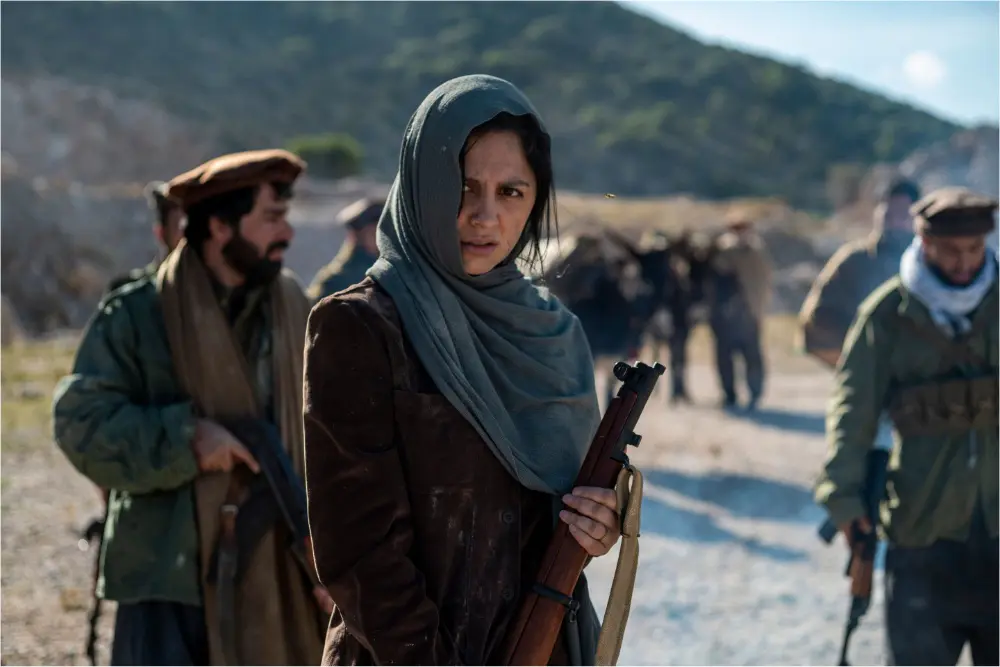Prominent Afghan director Roya Sadat, whose latest film “Sima’s Song” is playing in competition at Saudi Arabia’s Red Sea Film Festival, is denouncing being denied entry into the kingdom to present the film, despite having been issued a Saudi visa.
Sadat, in an email to Variety, said she was scheduled to travel to Jeddah, the Saudi city on the Red Sea’s eastern shore where the fest is being held, on Dec. 3 to participate and present her film. “But I was denied boarding because Saudi Arabia does not accept Afghan passports renewed after the Taliban’s return to power,” she added.
“This raises a key question: if such passports are not accepted, why issue visas in the first place?,” Sadat went on to point out. “Was the visa granted, only to be rejected later? Despite repeated calls to Jeddah, I was ultimately not allowed to travel,” she noted.
Popular on Variety Representatives for the Red Sea Film Festival did not immediately respond to a request for confirmation and comment.
In a subsequent email, Sadat said she was deeply frustrated by two issues in this seemingly absurd situation. “First, they [Saudi authorities] refused to honor the visa they themselves issued,” she said.
“Second, the hypocrisy is glaring,” Sadat went on. “The Taliban, holding the same passports as mine and millions of other Afghans, face no such restrictions,” she added.
Sadat noted that current Taliban Interior Minister Sirajuddin Haqqani, a U.S.-designated terrorist who has a $10 million bounty on his head, reportedly recently visited Saudi Arabia, specifically traveling to Jeddah and to the Kaaba in the Holy City of Mecca, which is Islam’s most important mosque, for a pilgrimage.
“He, a terrorist, was granted entry, while I, an artist, was denied,” Sadat denounced.
“I considered withdrawing my film from the festival in protest of this policy,” Sadat, who is now based in the U.S., went on to say. However, out of respect for the two actors and the producer, who had already arrived in Jeddah, I decided to let it go,” she added.
“Sima’s Song,” which follows a wealthy Communist and a poor Muslim woman as they navigate the country’s socialist transition during the Soviet invasion and the emergence of anti-Soviet resistance movements, premiered at the Tokyo Film Festival last month.
A pioneering figure in Afghan cinema, Sadat’s career spans the turbulent evolution of filmmaking in her homeland, from writing her first screenplay during the initial Taliban regime – when screening movies could result in public lashings – to becoming one of Afghanistan’s most prominent directors.
Naman Ramachandran contributed to this report

 Italian
Italian







